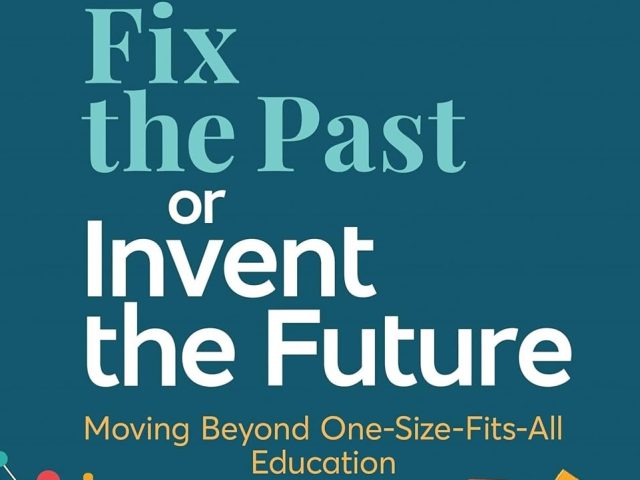
Teachers feel passionate about our work. As a result, we can advocate exuberantly — occasionally too exuberantly? — for a particular position.
Advocates for (or against) Social-Emotional Learning can make zealous claims for their beliefs. Same for PBL, or direct instruction. Or for flipped classrooms, or traditional ones.
Of course, given the variety of teachers, students, schools, curricula — and the variety of societies in which they all operate — we perhaps should hesitate to make absolute claims.
Today’s Shining Example
I recently rediscovered a marvelous example of comfort with the ambiguous middle ground.
In this EdSurge post, Art Markman explains how mindfulness can help. And: how it might not help.
He explains the benefits of a growth mindset. And: its potential detriments.
When asked “if schools teach the way students learn,” he doesn’t scream “OF COURSE!” Nor does he bellow “NEVER!”
Instead, he offers this answer: “Sometimes, but often not.”
In other words: we’re not all spectacular successes or hideous failures. Contrary to much of the rhetoric you hear, we live somewhere in between.
I hope you enjoy reading this interview. And, that Markman’s sensible example offers guidance on moderation and nuance.
I myself look forward to reading more of his work.






